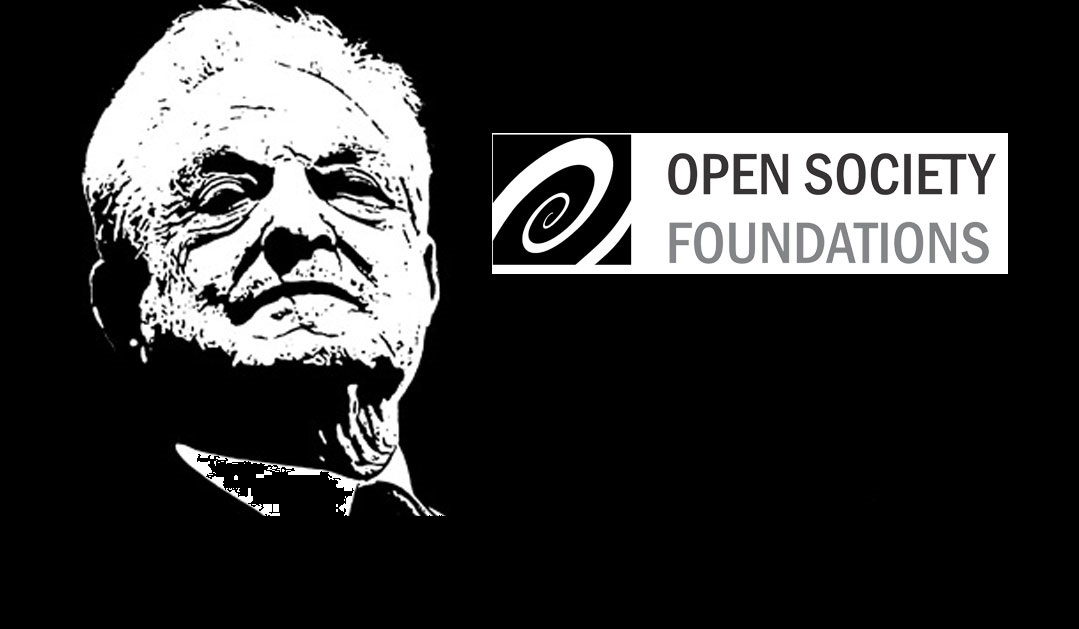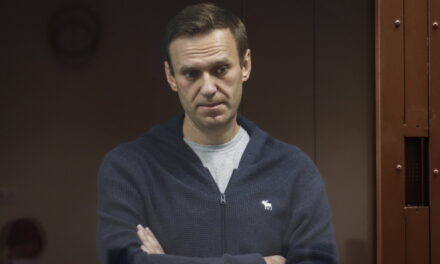From Soros's foundation to the judge's seat. Gregor Puppinck, director of the European Center for Law and Justice, investigated where the judges came from and what organizations they were affiliated with at the European Court of Human Rights, and the result is shocking. The report was made last year, and the scandal has not subsided since then. And now there is perhaps even a chance that some sort of investigation will start in the Council of Europe.
" I am a French lawyer, I work in Strasbourg, for more than 20 years, I have participated in about 40 cases at the European Court of Human Rights. A few years ago, I noticed some disturbing things, especially when I looked at the composition of the Court. I began to investigate who and how they got there in the last ten years. I noticed that out of the hundred judges, 22 were previously heads or colleagues of civil bodies. There are seven large NGOs, i.e. non-governmental organizations, which have their own cases before the European Court of Human Rights. Thus, these organizations can carry out serious lobbying with the help of your former colleagues, and this, in our opinion, raises problems. These people were militant leaders before, and now they have become judges," began Grégor Puppinck, director of the European Center for Law and Justice, who was asked by Zoltán Pásztor. The interview was heard on Kossuth Rádió's Vasárnapi Újság program.
In addition, 12 of the 22 judges came from the same NGO, the Open Society Foundation. And the other six organizations are also financed by the same organization , he added.
These judges were often involved in cases involving their former organization, raising the possibility of influence. This was observed in 88 different cases. A Hungarian name also came up during the investigation: András Sajó was the first to be noticed.
They talked about him as a friend of György Soros in Strasbourg.
"He represented the same ideology as the Open Society Foundation. For example, he was active in the case in which the Italian state was condemned for having crosses on the walls of Italian schools," said Puppinck.
The report is more than 200 pages long and has received no criticism. It has now been brought before the Council of Europe, with the hope that this situation will be improved in the future.
The report was also sent to the President of the European Court of Human Rights and his successor before publication. However, no response has been received from them since then. On the contrary, several judges received the letter, several of whom reacted to it.
"There was no response from the court. At the same time, several current and former judges also responded, but not officially, of course they are those who are not included in the report. They wrote that it must be published. The president of the court did not react directly, but he was asked by the Council of Europe, and then by the ministers of the 47 countries, i.e. the Council of Ministers. During the interview, the president always said that they are not responsible for the selection of judges, which is only partly true, since the judges are ultimately chosen by the representatives of the Council of Europe. The president never answered about the existence of influence," explained Grégor Puppinck.
Although several judges responded, only one of them did so in an official form, as many are afraid.
According to Puppinck's own admission, he himself was afraid while working. Many of the judges still work there, and a war would start if their opinion was officially expressed. Only one Slovenian judge made a statement and supported the report in an official form. Then came the media appearances and the reactions of the various governments.
Of course, everything depends on whether, for example, the given government shares the same ideology as the judges. Because if they did, they were dismissive and tried to minimize the meaning. Basically, I am satisfied, as there have been many reactions from almost the whole world, especially from Europe, said the French lawyer.
Progress made thanks to the report.
"A new Belgian judge was elected just last week. There were three to choose from, one of which previously worked at the Open Society Foundation in New York. In the end, he was not elected, but it is remarkable that he received more than eighty votes. But he wasn't the only one who wasn't elected," Puppinck continued.
Since the report, there has been no new judge who can be linked to an NGO and one such judge has finished his work. What is important now is that it remains so in the future. According to the lawyer, this is also a victory in terms of the independence of the court.
When asked if he was still afraid, he replied that there are other cases they are working on now. According to him, their meaning is now known and recognized everywhere. But there is still a media campaign against them.
For example, the Open Democracy Institute in London receives $400,000 from the Open Society Foundations to investigate Puppinck and his associates and to write articles about them through an international group of journalists. In May, a campaign that will attack them is expected, called Tracking the backlash.
One example of the attacks against them is that on All Saints' Day last year, the Open Society Foundation made public its investigation, which it conducted against the organization, and this was reported by 50 newspapers around the world on the same day. The next day, it appeared in Times Magazine and Euronews.
All of this was financed by the Open Society Foundation. In other words, we are in the crosshairs, we must be destroyed - said Grégor Puppinck in conclusion.
Source: Kossuth Rádió / hirado.hu
Illustration: 888.hu












